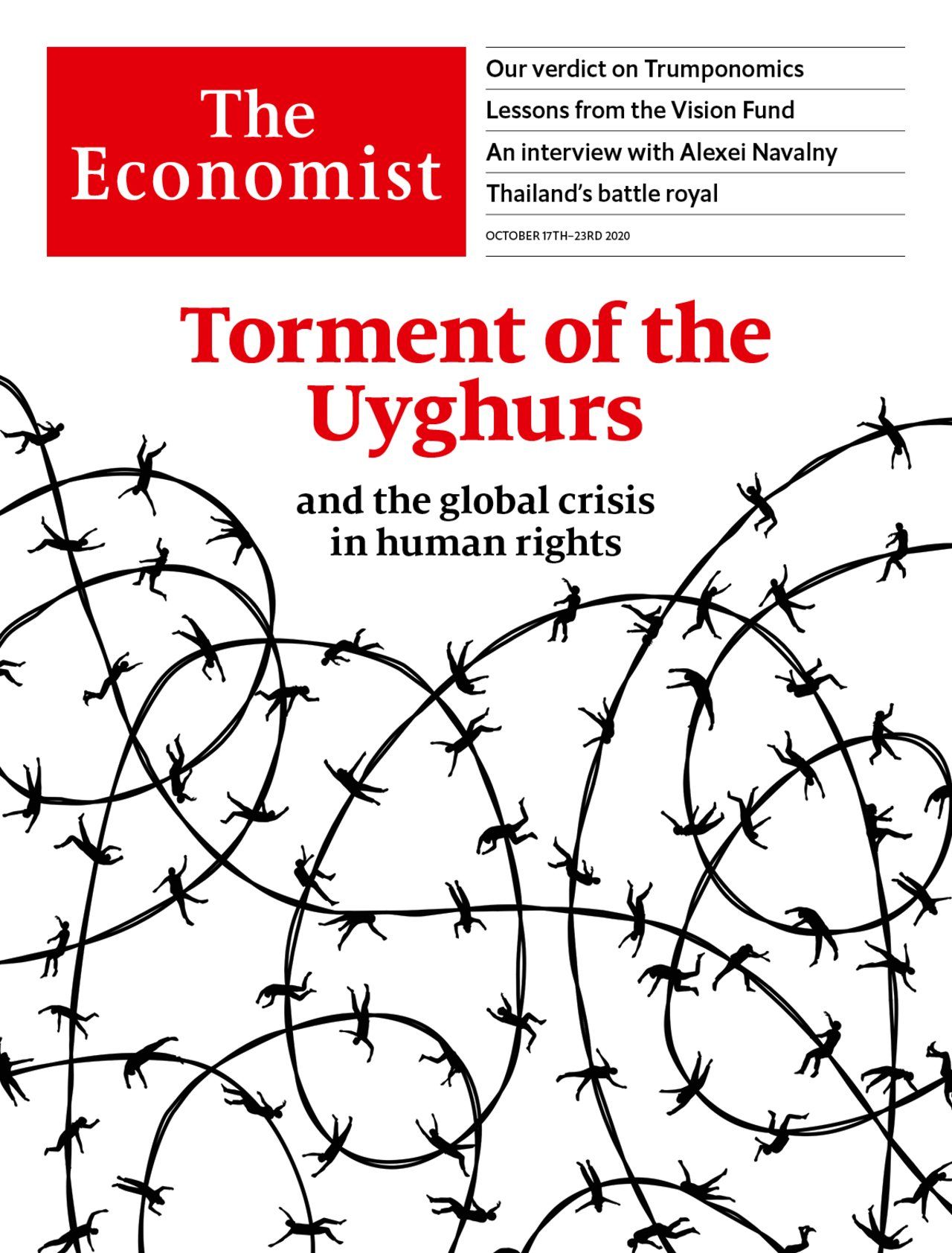Wall Street says it is braced for losses. Now what?
One question is what they do with their earnings

MOST BANKERS have been working frantically for the past six months. Traders handled record-high volumes in choppy markets. Their colleagues issued mountains of equity and debt as companies sought to withstand the economic downturn by amassing capital. Commercial bankers offered forbearance to struggling borrowers, and were forced to write down the value of loans as the likelihood of being repaid fell. As a result, investment-banking revenues soared in the first half of the year, and most commercial banks suffered losses as they set aside provisions for bad loans. That made for slender profits at Bank of America, Citigroup and JPMorgan Chase, the big hybrid banks. Goldman Sachs and Morgan Stanley, which are more skewed towards investment banking, posted stellar profits. Wells Fargo, a mostly commercial lender, lost money.
This article appeared in the Finance & economics section of the print edition under the headline “The calm after the storm”
Finance & economics October 17th 2020
- The Nobel prize in economics rewards advances in auction theory
- Can China’s reported growth be trusted?
- Wall Street says it is braced for losses. Now what?
- Why securing debt forgiveness for poor countries is so hard
- Low interest rates leave savers with few good options
- The IMF predicts that the world economy will suffer from “long covid”
- The tale of Iran’s stockmarket bubble is familiar—but also strange
More from Finance & economics

Can anything spark Europe’s economy back to life?
Mario Draghi, the continent’s unofficial chief technocrat, has a plan

Has social media broken the stockmarket?
That is the contention of Cliff Asness, one of the great quant investors

American office delinquencies are shooting up
How worried should investors be?
China is suffering from a crisis of confidence
Can anything perk up its economy?
America has a huge deficit. Which candidate would make it worse?
Enough policies have been proposed to make a call
Why Oasis fans should welcome price-gouging
There are worse things in life than paying a fair price
